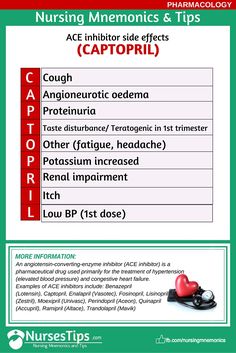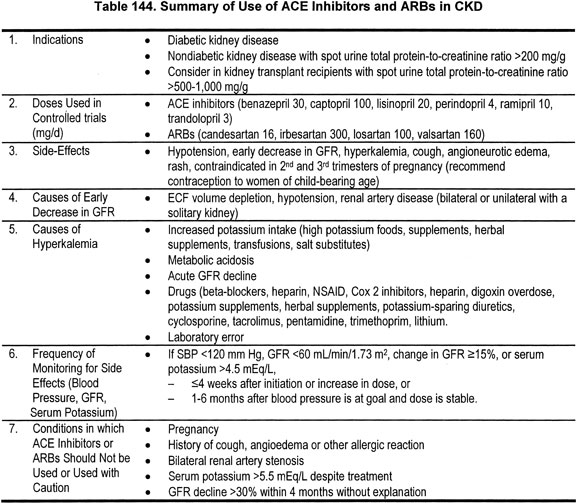
ACE inhibitor medications are a special class of drug used mainly for the treatment of heart disease and high blood pressure. They work on the principle that by blocking the enzyme Angiotensin II in the body, high blood levels of this hormone are reduced and pressure of blood is reduced.
Angiotensin II is normally found in the body. It is important in the process of transporting bile acid to the liver to digest fat. However, it can become activated by some medications, especially those that contain aspirin. This results in high levels of Angiotensin II being transported into the liver, which then causes a rise in blood levels of this hormone.
Once the levels get high enough, there are many signs and symptoms such as high cholesterol, high blood pressure, and reduced ability to clot. These medications can also cause an increase in your risk of stroke or kidney failure.
This mechanism of action allows these drugs to reduce blood pressure, prevent clotting, and reduce cholesterol levels, but they do have side effects. These side effects include:
ACE inhibitors can be very effective in lowering blood pressure, reduce symptoms of heart disease, and even stop atherosclerosis from progressing. However, they can also cause serious side effects including:
If you are using ACE inhibitors, it is important to follow your doctor's recommendations carefully to avoid these side effects. You should always read the patient information provided with your medicine to learn what is expected of you and how to take it safely.
In addition to the possible side effects, ACE inhibitors can also damage the walls of blood vessels. This can be a serious medical condition and leads to a very high risk of bleeding in the veins if you already have bleeding disorder.

For this reason, you should only take an ACE inhibitor with a prescription
If you are unsure whether you need this medication or not, it is highly recommended that you talk to your doctor before starting any type of ACE inhibitor.
There are many types of ACE inhibitors that reduce the amount of angiotensin II carried in the bloodstream in different ways. Each type has its own side effects, but most are safe and easy to use.
Some ACE inhibitors can work by blocking the enzyme that converts angiotensin I to angiotensin II. Other ACE inhibitors reduce the ability of enzymes that break down protein to convert it into protein. If the enzyme cannot break down the protein, the level of angiotensin II decreases.
The combination of these two types of ACE inhibitors have been known to be more effective in lowering Angiotensin II. This means that if you are using an ACE inhibitor and you are taking other medication for cholesterol control, your blood pressure will be much lower when taken together. In addition, if you have high cholesterol levels, it is believed that a combination of the two can increase your LDL cholesterol. and decrease HDL cholesterol. This will cause a rise in triglycerides and cholesterol.
When you are taking an ACE inhibitor for high blood pressure, your doctor will be able to recommend the right amount of medication for you based on the overall health of your heart. He or she will also be able to determine which combination of the ACE inhibitor and your cholesterol control medications is most appropriate.
To find out more about ACE inhibitors, ask your doctor what your current medications are and ask if you are at risk for side effects of using an ACE inhibitor. He or she may be able to refer you to an ACE inhibitor prescribing physician who can give you the latest information.

